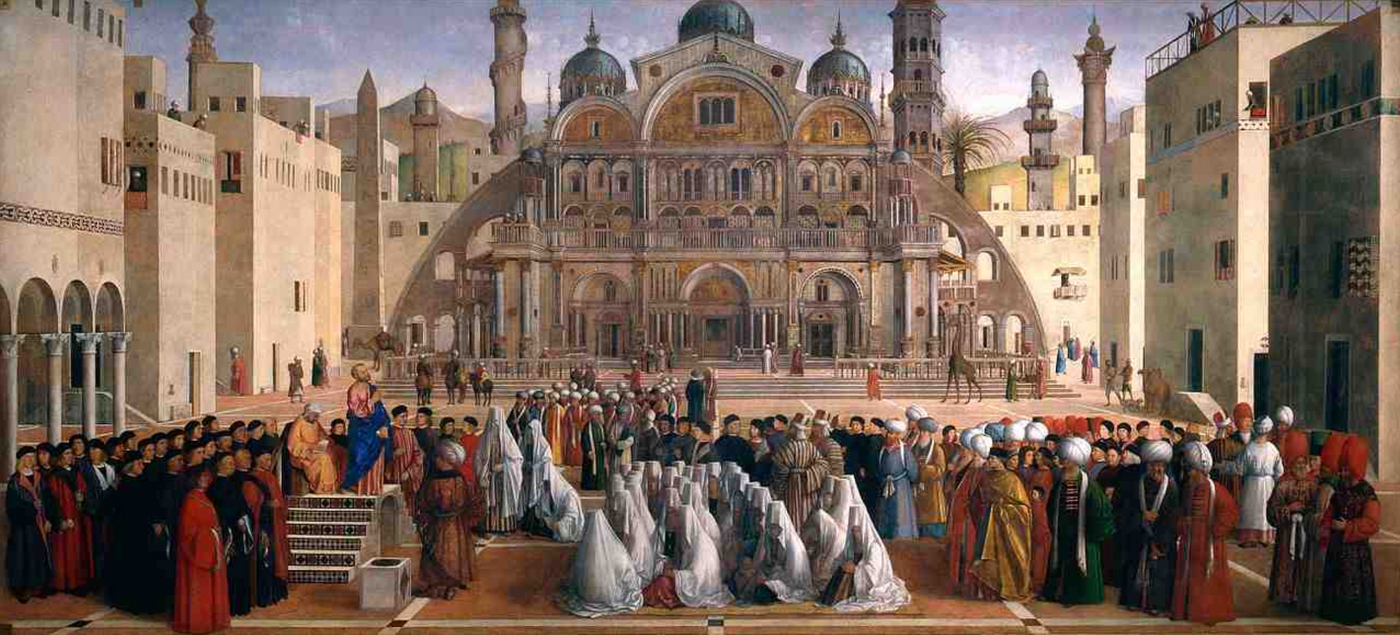Yuan Yongjia: Why do I insist on academics and education?

Original link: Yuan Yongjia: Why do I insist on doing academics and education?
The former university is in the church, the current university is outside the church
The previous education was in the church, the current education is outside the church
The former authority was in the church, now the authority is outside the church
Before we debated what is orthodoxy and what is heresy?
Now we're debating whether the church should accept homosexuality
Should we worship the government while worshiping the Lord Jesus?
I remember years ago, I had just graduated from Holy Cross Seminary and was thinking of finding a ministry position in the church. A brother specifically asked the pastor of a Chinese church about this, and the general answer he got was: I am more suited to take the academic path, but it is different when it comes to pastoral ministry. In a word, in this pastor's conception, pastoral ministry and academia seem to be two completely different things that do not interfere with each other, rather than one thing.
I was very incomprehensible at the time because the early church literature I was exposed to told me that scholarship, education and pastoral ministry were inextricably linked. In the early church, the clergy, especially the bishops, were not only the top scholars at that time, but also had a very high moral character. The words they said, the sermons they preached, and the books they wrote were very authoritative and weighty, which is equivalent to that of Harvard and Yale today. Views of leading scholars. All in all, in those days, people listened to bishops, just as people listen to scholars today—especially scholars from top universities.
Why did this happen in the early church?
First, prior to Constantinople, the Church actively established seminaries and mission schools. For example, the church school established by Alexander in the early days had a profound impact on the Roman Empire at that time. Among them, Clement and his student Origen not only attracted a large number of believers, but also attracted a lot of bachelors who came here. Their works were either written to the Roman emperor. Expressing the faith of the church, either refuting pagan scholars who opposed them at the time, or exhorting believers to live spiritually, had a profound impact on the academic and educational circles of the time.
Second, since Constantine, the regime has sided with the church, and the church has more comprehensive and in-depth participation in academic education, contracting almost all the resources of academic education. Moreover, the academic and educational dispute at that time evolved into a dispute between orthodoxy and heresy within the church. Therefore, the answer I got from the early church was that academic education and church pastoralism became the same thing with the support of the government, and the church assumed the social and public mission of academic education. Such is the case with the origin of the modern university from missionary schools and seminaries.
However, in the era I live in, things are different. I also understood the pastor's point of view a little bit, and the answer I got was: it is not that pastoral ministry and academia are two different things, but that the church has withdrawn from the circle of academia and education intentionally or unintentionally, either actively or passively. This view is deeply rooted in the hearts of the people, not only by people outside the church, but also by people inside the church and even pastors. In short, the church today has been excluded from academia and education, and has been marginalized.
If the church cannot participate in academics and education, it will become a folk religion and cannot become the mainstream of society. Because academic education is a spiritual battlefield, this battlefield influences people's views on everything by means of pen and ink lectures, etc., forming a trend of thoughts, affecting people's daily life, all aspects of thinking, words and deeds, and affecting the policies of politicians. formulate. If the church does not enter this war, it violates the spirit of "May your kingdom come, and may your will be done on earth as it is in heaven", and the church's public mission in the field of academic education will disappear.
The mission of the church is by no means limited to personal evangelism, and it should also create a good soil for people to believe in the Lord—in addition to the support of the government, the academic and educational circles bear the brunt. In addition, the early church's establishment of orphanages, hospitals, and support for orphans and widows, such as the sick and the weak, were gradually replaced by various policies of the modern government.
Today's church (in Europe and the United States under the guise of separation of church and state, and in China under the banner of government and bishops) is in an era of being ostracized, oppressed, and trying to marginalize the church by the regime. This regime's attitude towards the church has been derived from the academic education circle: in Europe and the United States, it manifested as a battle between liberal theology and fundamentalism, and ultimately ended in the basic defeat of fundamentalism. Since then, the church has no longer set foot in the academic education circle; in China This is manifested in the fact that the regime deliberately cut off the connection between the church and the ecumenical tradition, and deliberately prohibited all kinds of related academic research and publications. As a result, few scholars who studied Christianity became believers, and even fewer joined the church and participated in the church liturgy. In short, from the perspective of the current state-religious relationship, the church has been completely excluded from the mainstream academic education circle.
Academic education is a battlefield, which has evolved into a battle between orthodoxy and heresy within the church when it has the support and encouragement of the regime; it has evolved into whether the church should accept homosexuality and whether or not to accept abortion when it is suppressed by the regime. battle. It is true that church pastors are important, but if church pastors ignore the political and academic circles, the consequences will be disastrous.
The author insists on doing academia and education in order to let the views and voices of the church enter this field of public debate on academic education. If feasible, I hope that such views and voices will be favored by the regime and thus become the mainstream views and thoughts in society. The author is convinced that Mr. Ge's recent lectures against "anti-intellectualism" and the series of public lectures hosted by BEA's precious utensils all uphold this spirit.
Therefore, the author hereby calls on church pastors to actively participate in the academic education ministry in various ways. What they can do specifically is to support Christian scholars, encourage Christian scholars to pastor, establish a tradition of church schools and even seminaries, and actively let the ecumenical Traditional ideas and viewpoints have gradually become mainstream in the public sphere of society through the debate circles of academic education.
Recently, there has been a lot of wind and sand. In order to prevent loss of contact, readers who are interested in keeping in touch are kindly requested to save my WeChat. Prepare for the worst and believe that all things work together for good for those who love God. Please scan the code and add WeChat.

Like my work? Don't forget to support and clap, let me know that you are with me on the road of creation. Keep this enthusiasm together!

- Author
- More